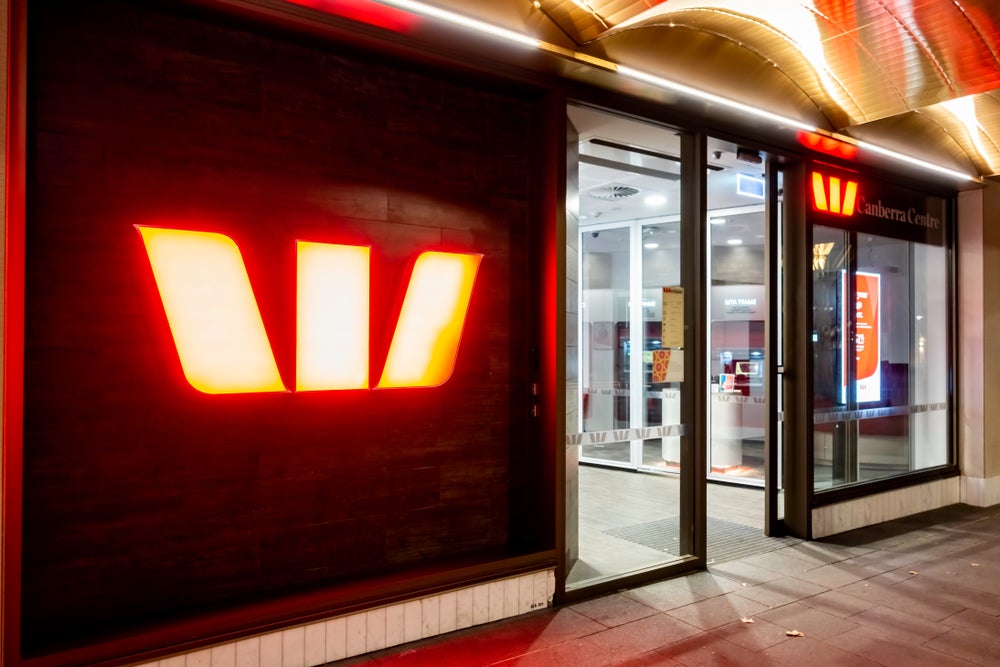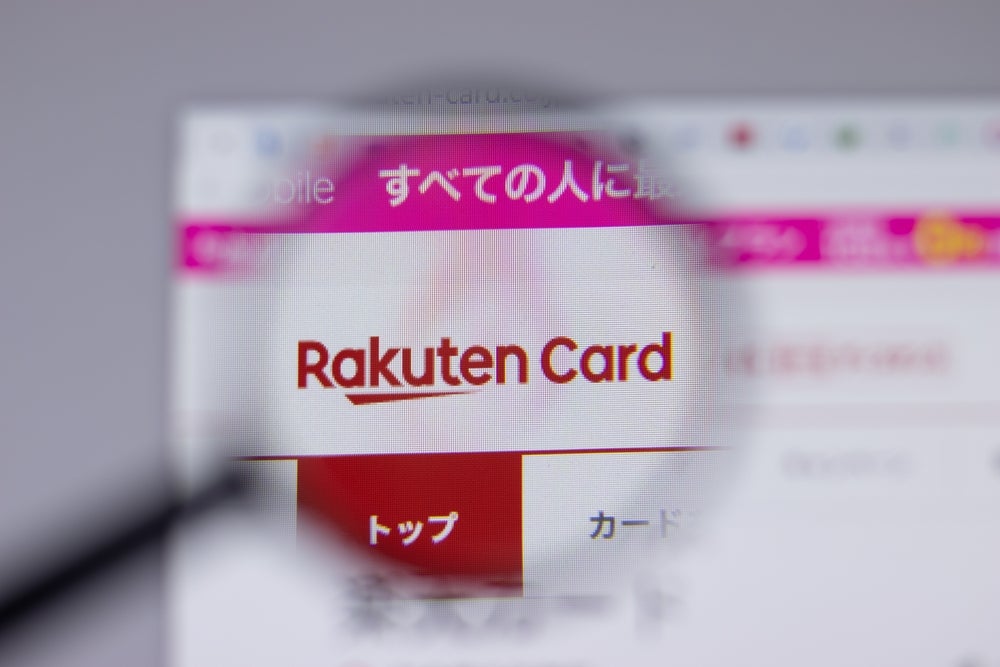The paper credit card statement could soon be a thing of
the past, with several issuers taking the bold step of eliminating
them on the grounds of cost and environmental reasons. However,
some issuers are using this as an opportunity to bring in fees for
consumers who wish to continue receiving them, as Charles Davis
reports.
To the list of bygone US banking relics such as the free toaster
for opening a current account, add those free paper credit card
statements that land in American mailboxes every month. Spurred on
by increases in postage and encouraged by an ever more
environmentally-conscious customer base, US card companies are
eager to go paperless.
Many have been encouraging customers to opt out of expensive paper
statements for years now, with some success, but as postage costs
and the cost of paper both skyrocket, what once was a feel-good
green story has become a financial imperative.
Rising costs driving paperless strategy
For years, the industry has watched as postal rates have climbed
steadily, yet no one wanted to take the first step toward going
paperless. Now American Express has taken that step, eliminating
paper statements to potentially millions of corporate
cardholders.
An American Express spokesperson said the new policy applies to
some customers of its global commercial card unit, which serves
large businesses and has 7.1 million cardholders worldwide. She
said the policy would be implemented in certain markets
worldwide.
How well do you really know your competitors?
Access the most comprehensive Company Profiles on the market, powered by GlobalData. Save hours of research. Gain competitive edge.

Thank you!
Your download email will arrive shortly
Not ready to buy yet? Download a free sample
We are confident about the unique quality of our Company Profiles. However, we want you to make the most beneficial decision for your business, so we offer a free sample that you can download by submitting the below form
By GlobalDataHSBC’s Hong Kong unit also recently announced that beginning 1
January 2011, it would charge its credit card customers $2.60 a
year to continue receiving paper statements. An HSBC North America
spokeswoman would not say whether the UK financial company plans to
introduce similar fees in other markets, but clearly the company is
sending its customers a message about the high cost of paper
statements.
Wells Fargo earlier this year began offering $5 to credit card
customers who opt to go paperless, and JPMorgan Chase has provided
$10 credits and sweepstakes prizes for customers to opt out of
paper statements in the past couple of years.
Until lately, financial services companies have taken a purely
voluntary approach to electronic statements, encouraging but not
requiring their customers to go paperless. Several banking
companies offer paperless deposit accounts for customers who agree
to bank only over the internet and not to write cheques. As an
incentive for opening the accounts, they offer customers higher
interest rates.
“It is inevitable [the move to paperless statements], but done
poorly, is this the proverbial straw that breaks the camel’s back
in terms of issuers pushing consumers?” asked Megan Bramlette,
managing director of the cards consultancy Auriemma Group.
US cardholders still stubbornly cling to the idea of receiving
paper statements, Bramlette said, citing data from a recent
Auriemma Consulting Group study that found nearly a quarter (23
percent) of respondents willing to pay a $5 fee rather than switch
from paper to electronic statements.
“There is a real opportunity to charge for paper statements,”
Bramlette said, “but issuers must be strategic in approaching the
shift to paperless statements.”
Opportunity for new revenue streams
One-third of the respondents said they relied on paper statements
as a reminder to pay their bill. Bramlette suggests issuers may
find a new revenue stream by providing what she described as ‘a la
carte services’ – charging more for paper statements, along with
unlimited calls to a customer service line dedicated to ‘premium’
cardholders, then charging less for alternatives to full paper
bills, such as a postcard reminder, an automated monthly phone
message or an e-mail message if the issuer has such
information.
“It may seem strange, but eventually issuers are going to have to
find a way to pay for all of these services if far cheaper
alternatives exist and cardholders demand them,” she said.
Issuers should ease into any new fee structure, though, and offer a
range of choices.
“No one will buy the ‘hey, do your credit card issuer a favour’
angle,” Bramlette said. “It may be better to position the move to
electronic statements as eco-friendly or to save money on paper
during these tough times.”
Regulus Group, a Napa, California-based, billing unit of the Mumbai
technology company 3i Infotech, a spin-off of ICICI Bank, has
emerged as a multinational processor and works with a wide range of
companies on electronic billing and payment.
Regulus started in 1995 to bring together the billing and
remittance sides of the payments business, and through a series of
acquisitions and organic growth has become the largest remittance
biller in the US and one of the largest first-class mailers in the
nation. In 2008, 3i Infotech purchased Regulus, with an eye on the
payments space.
Josh Wendroff, director of marketing for Regulus, said that
everyone in the cards business is focused on cost, and the expense
management exercise always winds up looking at the line items
surrounding paper statements.
“It is dramatic how few people have adopted electronic statements
on the statement side, but as the demographics shift and the cost
pressures on issuers increase, paperless statements will become a
reality,” Wendroff said.
“The credit card companies have an opportunity to ask cardholders
to manage their accounts online, and add some rich reporting tools,
emphasise the security aspect and really stress that. It’s a matter
of incentivising positively rather than negatively.”
Wendroff added that Regulus has learned that some industries demand
a softer touch, credit cards among them. He noted that the wireless
carrier T-Mobile USA imposed a $1.50 monthly fee in August to
receive mailed statements, and $3.50 for a detailed list of calls.
But after a firestorm of complaints from subscribers and threats of
regulation from state attorneys general, T-Mobile canceled the
plan.
Payments have moved online much faster than statements, mainly
because people want that monthly reminder.
“If you couple online statements with a free alert service, so they
get a mobile phone text a week before the bill is due, and another
the day the bill is due, you deal with the reluctance to get rid of
the paper,” Wendroff said.
According to Regulus, on the statement side, the savings are in the
40 percent range, which means that the reductions are simply too
large to ignore. And with postage rates increasing every year, that
savings just grows.
“It is simply too big a line item to ignore,” Wendroff said.







